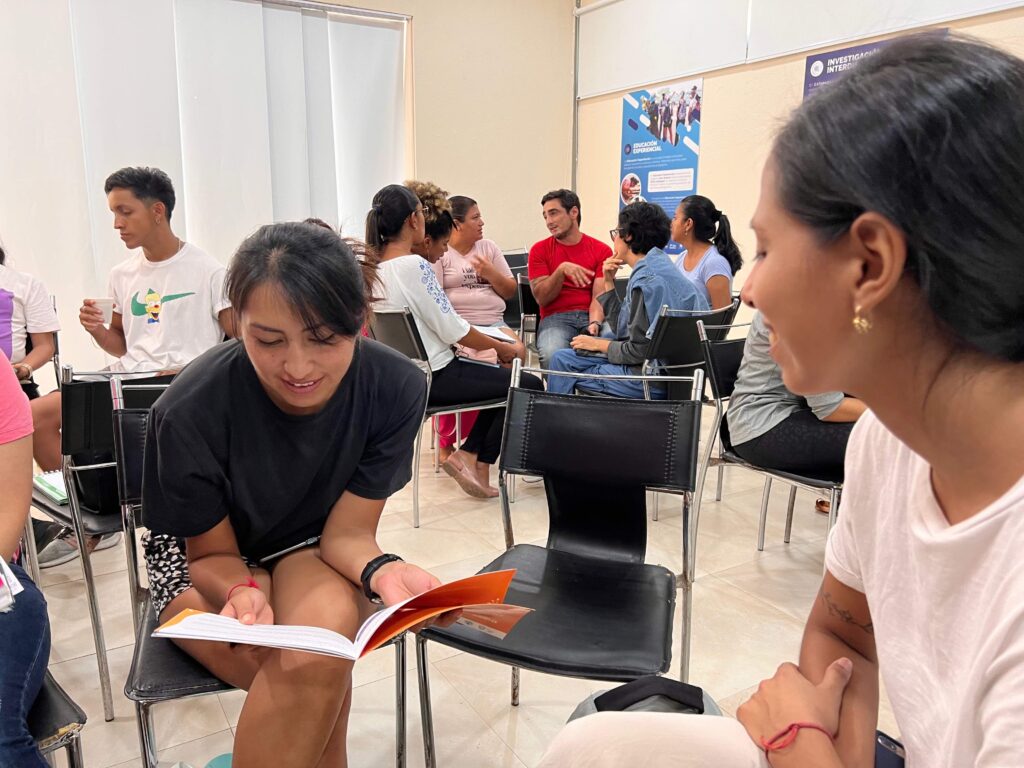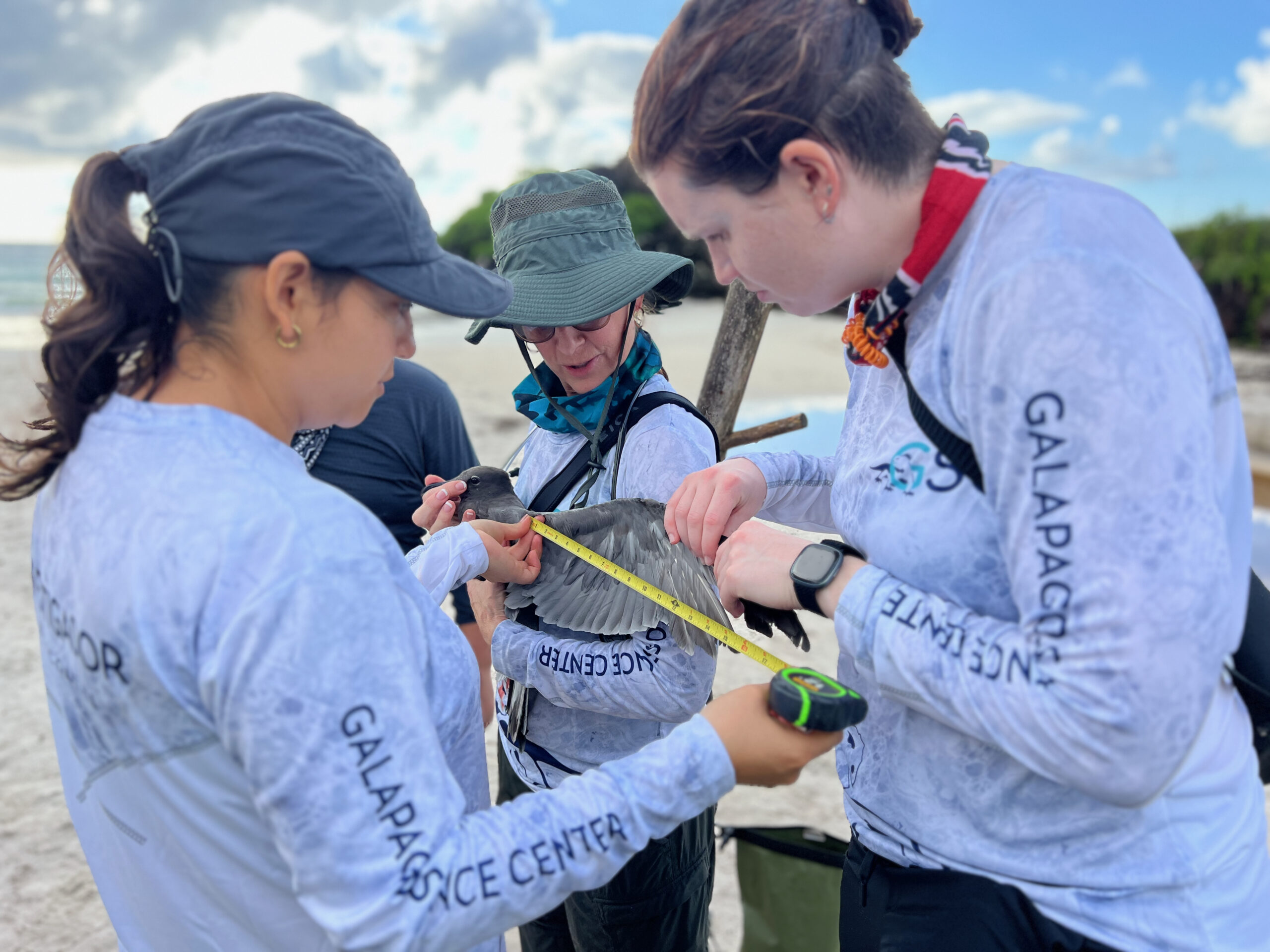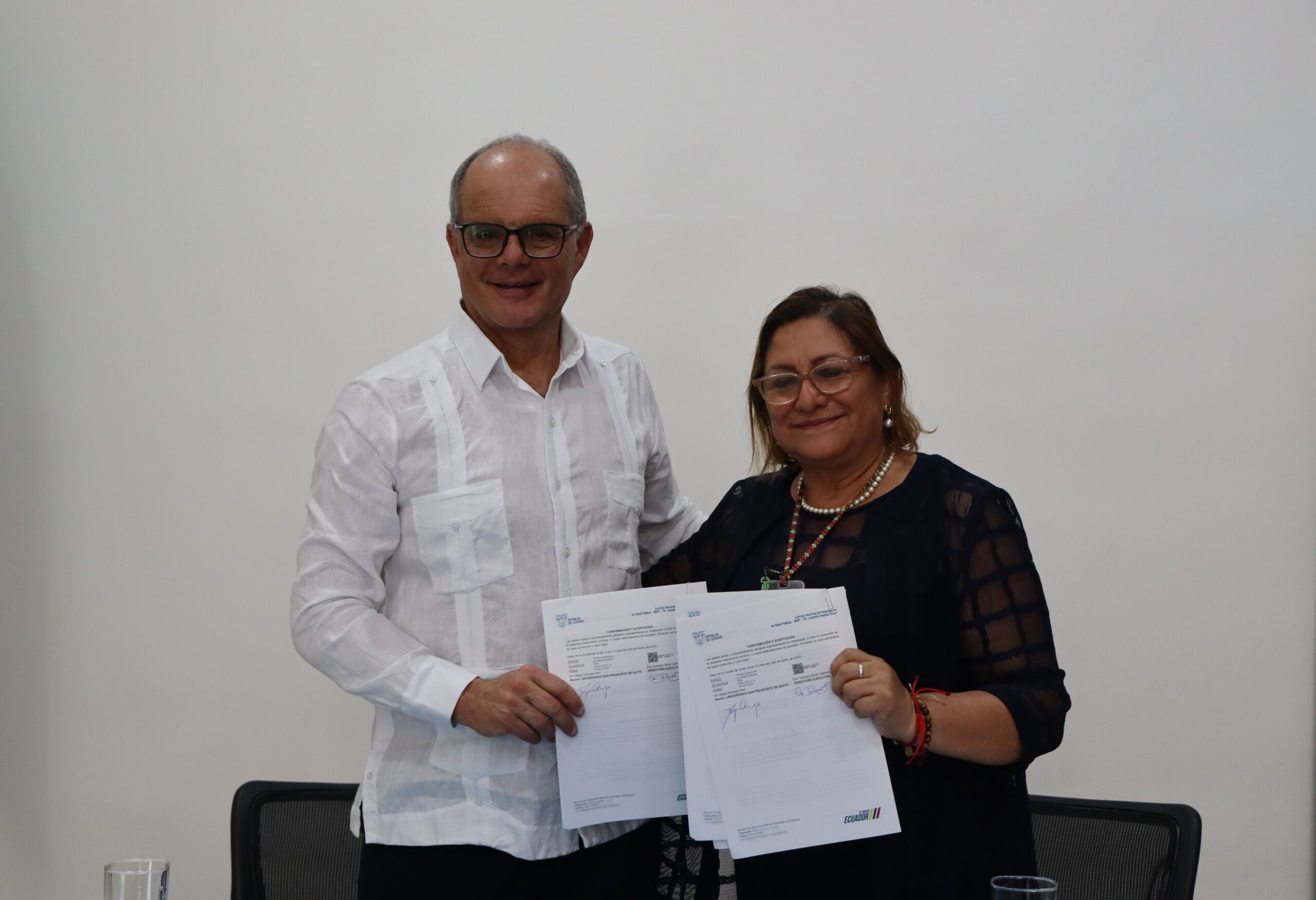The UNC-Chapel Hill School of Social Work and the Universidad San Francisco de Quito (USFQ) have launched an exciting new collaboration: a 12-week program for Galapagos locals to earn a certificate in community development and social work.
Results from formative research conducted by UNC and USFQ indicate that there are limited social work services on the Galapagos Islands to address social issues such as domestic violence, teenage pregnancy, youth development, and substance misuse. To fill this gap, faculty from the UNC School of Social Work and USFQ have co-created a curriculum that will equip local Galapaganian professionals and community members with basic social work skills that will enable them to provide social services – all through a certificate program that is locally driven, sustainable, and specific to the Galapagos communities.
This collaboration dates back to 2019, when Gina Chowa, associate dean for global engagement at the UNC School of Social Work, and her colleagues engaged in this formative research with the goal of putting a human face to the issues experienced by communities on the Galapagos Islands.
“The certificate was a co-created, co-designed program that focused on building the capacity of local community members to address community needs,” says Gina. “The result of this community participatory process by UNC, USFQ, and other community stakeholders is a skills development certificate that has promoted community ownership that supports long-term sustainability and will continue to impact the community positively.”
“One notable feature of the social work certificate program in the Galapagos that I deeply appreciate is its commitment to cultural responsibility,” says Mauricio Yabar, clinical assistant professor at the UNC School of Social Work. “The program centers the unique needs of the local community by addressing pressing issues impacting the region, such as gender-based violence and inadequate access to mental health services. Rather than relying on Eurocentric perspectives and practices, the certificate program builds on the wealth of local knowledge and lived experience. Aligned with an overarching objective of fostering enduring social change, the program equips participants with the necessary skills and competencies to effectively respond to context-specific challenges and meet the needs of their own community.”
The first session of the program began on June 20, 2023, and will run through September with over two dozen participants. The goal is to run three cycles of this certificate program as a pilot for a full technical degree, which is equivalent to an associate degree in the United States.
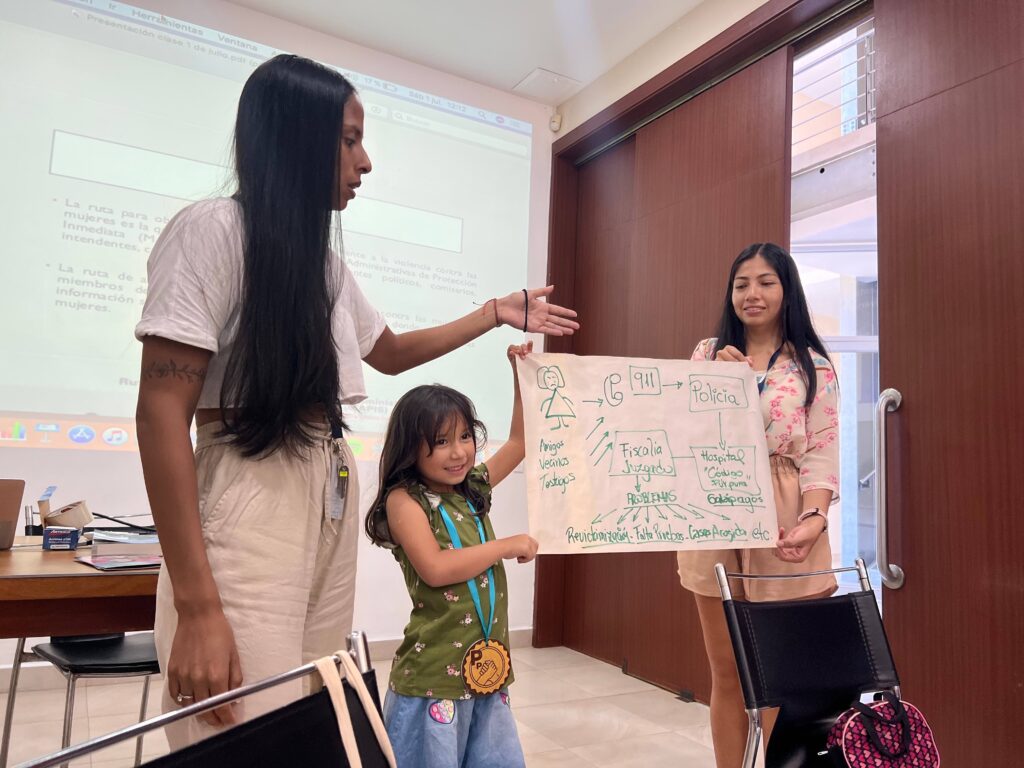
The curriculum itself consists of three modules: a community development module that discusses topics such as community needs assessments, community mobilization, participatory methods, and stakeholder engagement; a community environment conservation module on issues such as balancing human needs and conservation, using local knowledge for conservation, building the capacity of local community for conservation and natural resource management, and policy development and coordination; and a mental health community work module that will equip participants with knowledge of mental health first aid training, suicide and safety risk assessments, mental health screenings, interpersonal violence prevention, and trauma-informed intervention skills.
Participants in the program will meet twice a week for 90-minute sessions, and the curriculum will last for 12 weeks. Classes are taught on San Cristobal Island at the Galapagos Science Center, a research, education, and community outreach facility run jointly by UNC and USFQ. At the end of the program, participants will be awarded their certificate through USFQ.
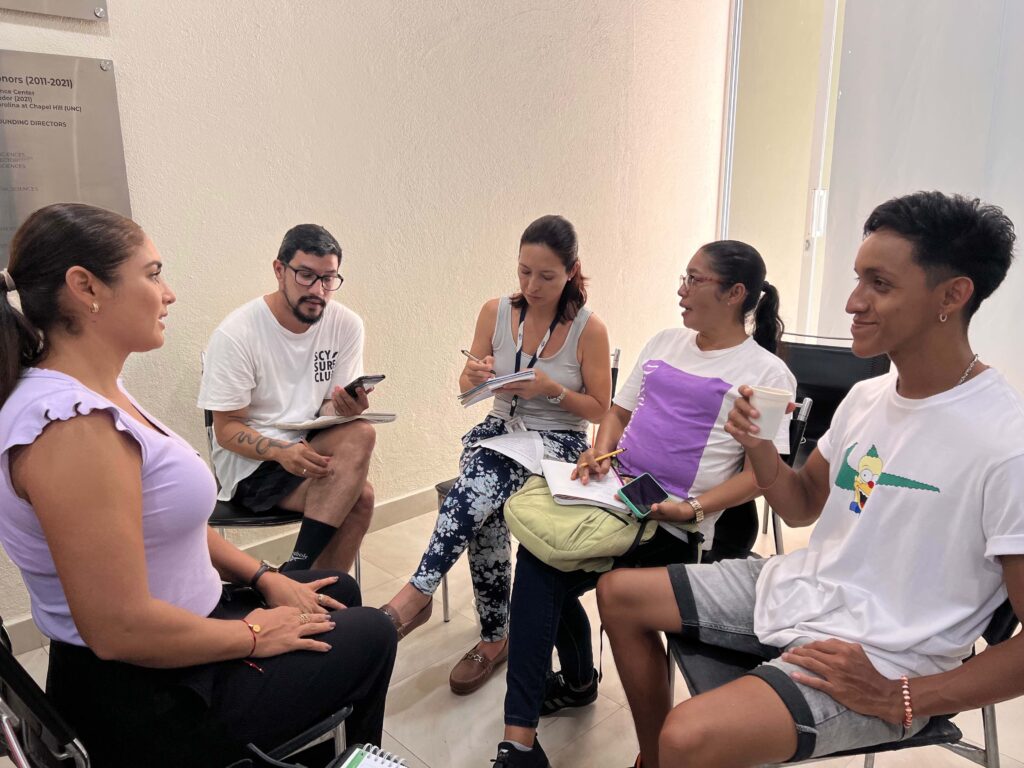
This curriculum is designed to empower and educate Galapagos locals to address the social issues that the islands face, and participants are already excited to engage in the program.
Ilenya Robalino, a Galapagos local who works at Blue Sky Studios on San Cristobal Island, said that she joined the program “because I am very interested in continuing to collaborate with projects for the community that benefit everyone. So, I think it is important to learn new tools, to deepen our ties, and achieve more ambitious projects that allow us to improve our society.”
Gabriela Bautista, research coordinator at the Galapagos Science Center, is excited for the practical skills that the program will offer. “The certification for me will give me the sort of skills which I consider [are] needed to actually reach people in the best way, embed them in the science world, and also try to understand firsthand what [they] expect or want from us, the researchers.”
Thanks to the hard work of UNC and USFQ faculty as well as the Galapagos locals participating in the program, we are excited to be able to take this important step in addressing the social issues in the Galapagos through a partnership with local communities and an expansion of resources available to them.

